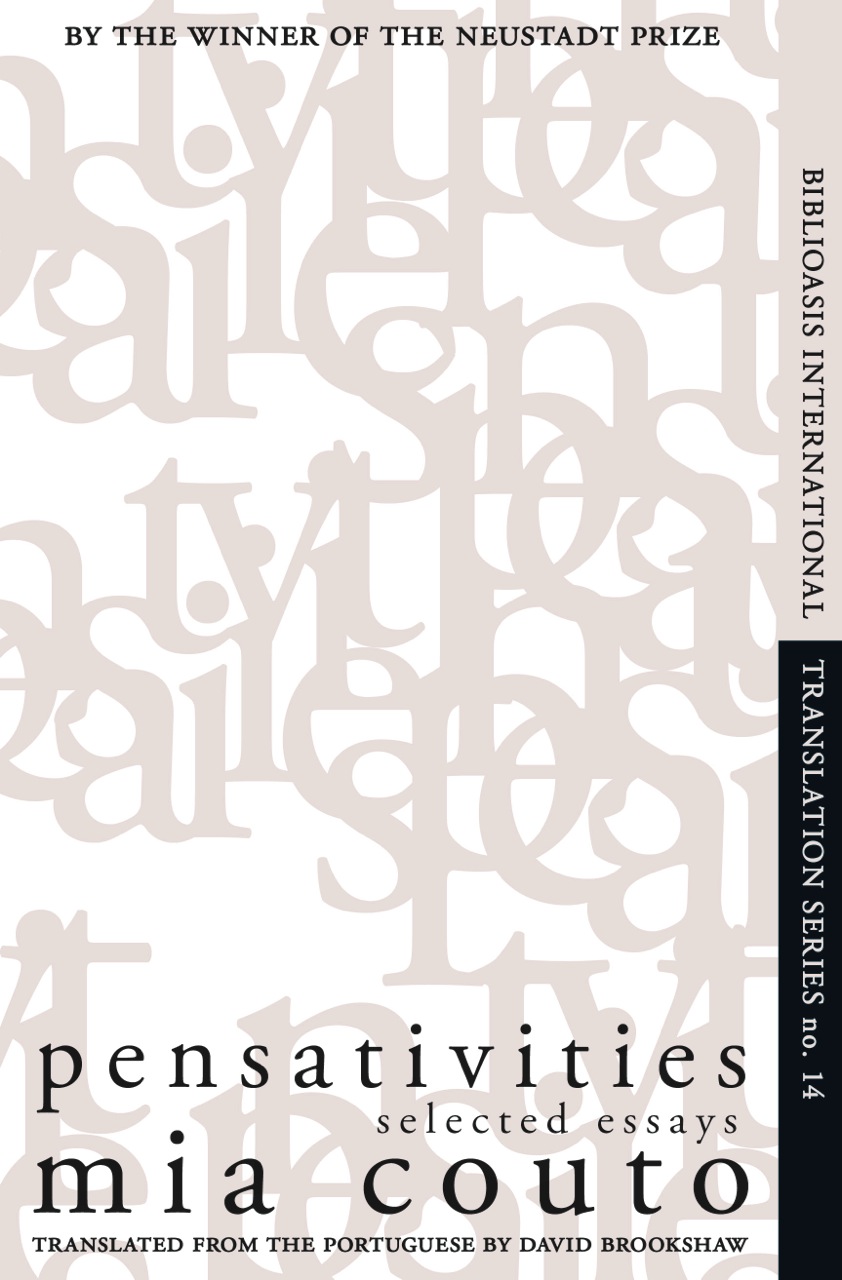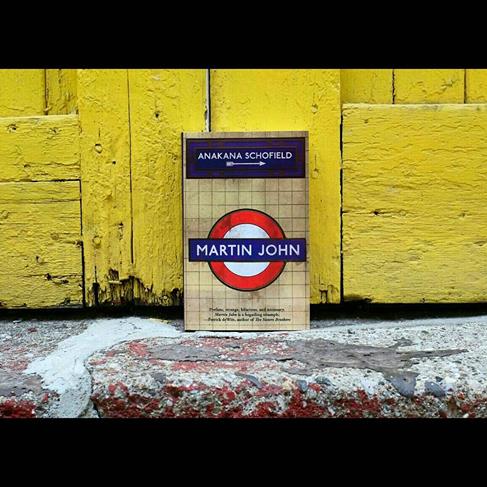Fiction Friday: Kevin Hardcastle’s “Bandits,” from his just-released collection Debris
As part of a new series, every Friday we’ll be linking here to a Biblioasis author’s short fiction, as it is found on the web. To celebrate the launch of his fabulous debut Debris, this evening’s offering is Kevin Hardcastle’s Bandits. Originally published in The Puritan in Spring 2013, it can be found in his new collection Debris.
The day I turned eighteen we drank a keg of beer between the five of us and let out over the frozen bay in our sleds. Pa on the lead machine with a pump shotgun strapped to the seat, the barrel fitted with a full-choke. His two younger brothers trailing, whooping and swerving wild on the ice over six inches of snow that fell since early evening. My cousin Ronnie coasted wide on his older sled. He had turned twenty-one in the Hillcrest pen. Ronnie was twenty-five now and he was like my brother. Even more so because Pa would thump him silly on the front lawn when he mouthed off or otherwise goaded the big man enough to warrant some violence.
There was a storm coming from the north and you could see the black clouds rolling even against the lesser black of the moonlit sky. Thunder from the heavens and did it ever fucking boom. Next came bolts of white-blue lightning. Smell of electric all over. The snow came down heavy. It looked to me like the end of the world. We passed between two fishing huts and crossed to the other side of the bay, close to the big houses and cottages planted there. Most of them were empty for the season. They were summer homes for people from the city or second houses for the richest in town. Pa throttled down and so did we all. Crept up rumbling aside a fine cedarwood house with great bay windows, boathouse half as big as our actual house.
For the rest of the story, please go here.




